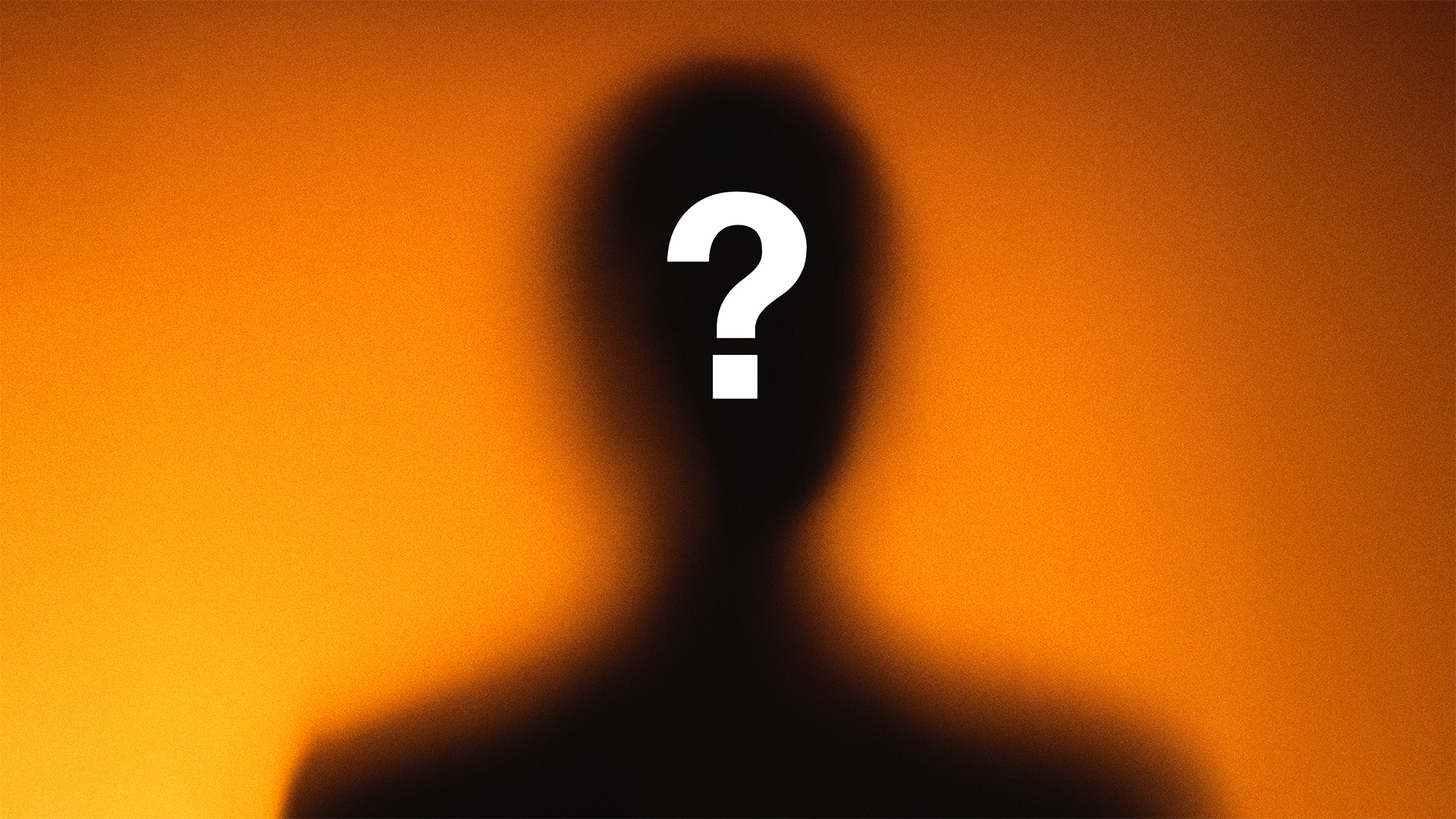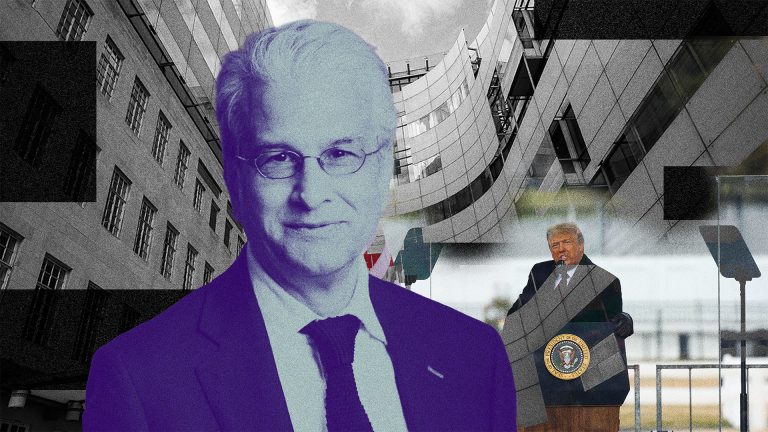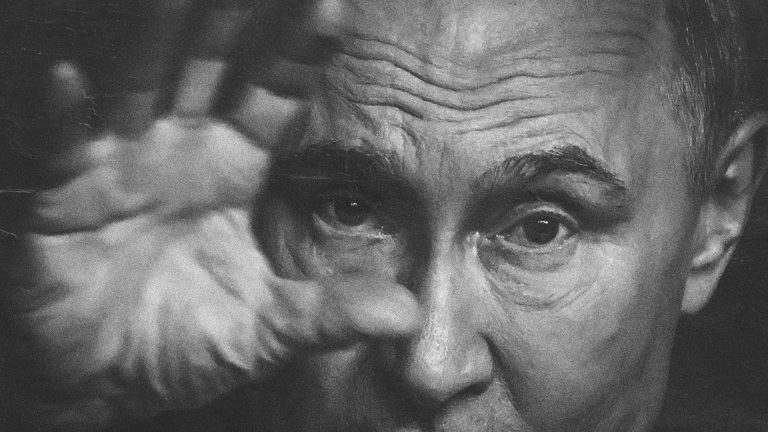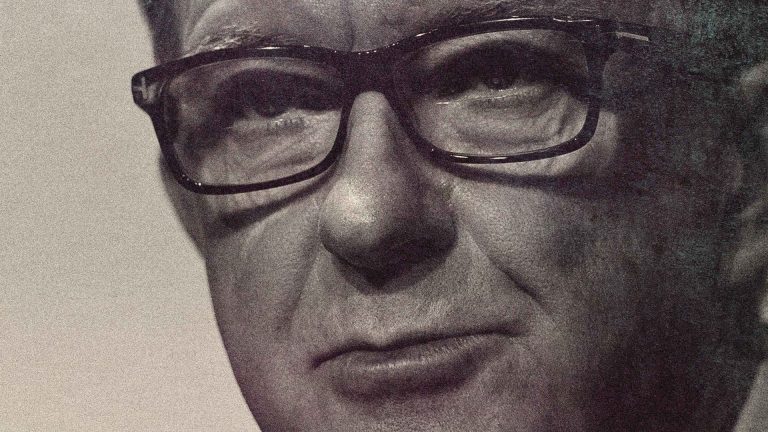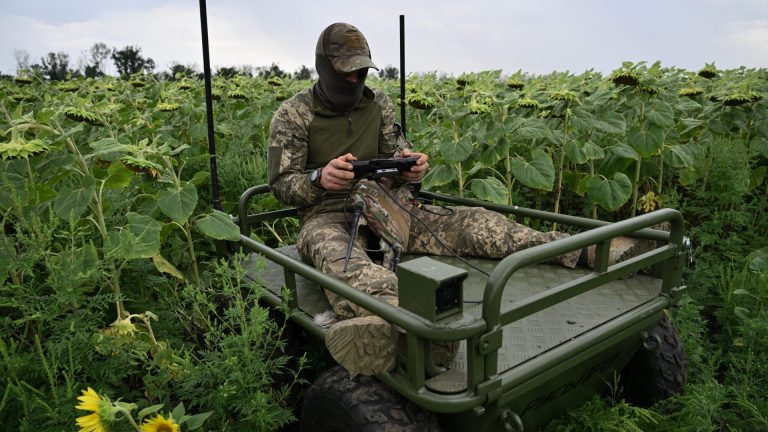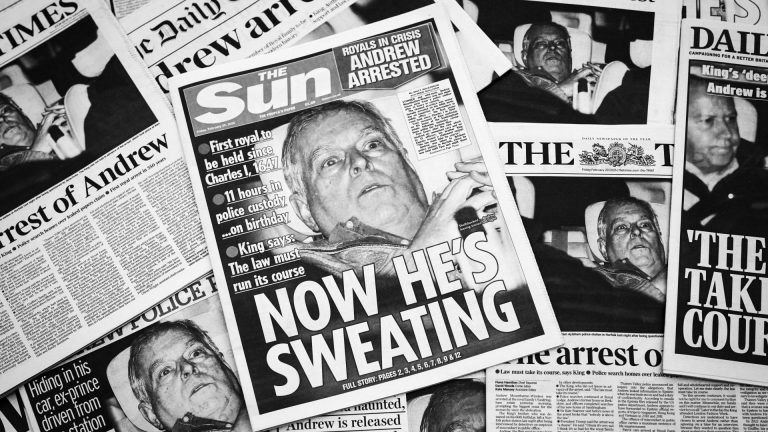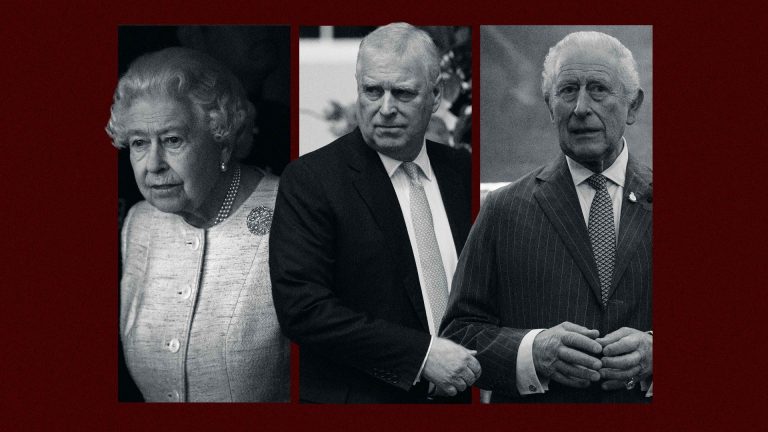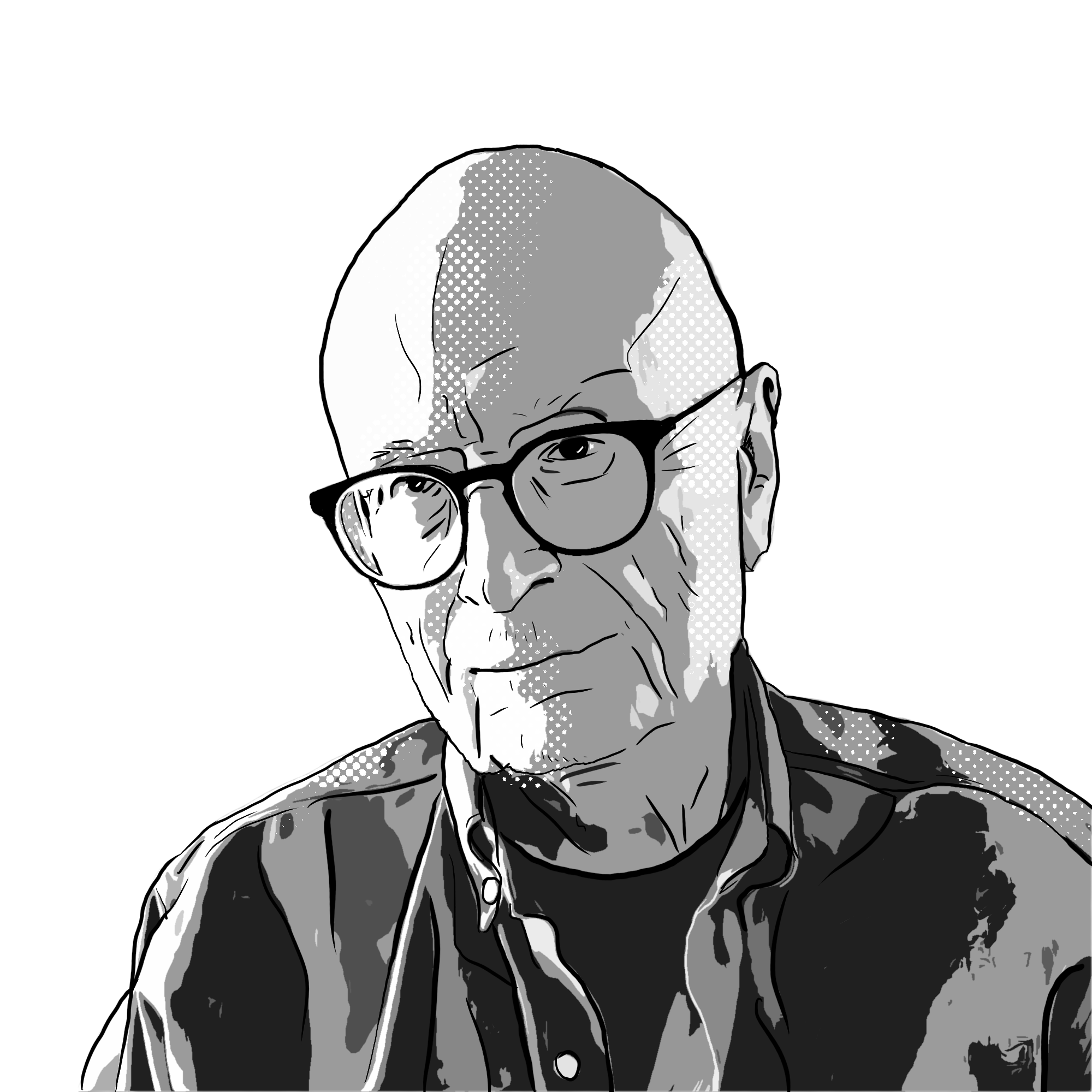Michael Prescott, the author of the BBC bias dossier which resulted in the resignation of the director general and CEO of news, and prompted a multi-billion dollar lawsuit from president Trump, was NOT the person who directly leaked it to the Daily Telegraph, according to a number of sources familiar with events.
The revelation has increased speculation about who else, with both access to the report and apparent motivation to set in train what has become an existential crisis at the broadcaster, might have done so.
Prescott’s highly confidential report had a tightly-limited distribution list and was distributed to the 13-member BBC board. Tim Davie and Deborah Turness were both on that list, alongside the BBC’s chief operating officer and chairman Samir Shah, whose own job is now said to hang by a thread.
The remainder of the board was made up of five independent non-executive directors, appointed by the board itself, and four more non-execs appointed by the last Conservative government.
One of those, former BBC journalist and Number 10 director of communications Robbie Gibb, whose role as an antagonist to BBC News on the broadcaster’s editorial standards committee, has come under relentless scrutiny since the leaking.
When asked by The New World if he had leaked the report to The Daily Telegraph, Gibb categorically denied he had done so.
“Not only is this a complete lie; it’s also defamatory,” Gibb told The New World.
So if not Prescott, and if not Gibb, who? All is expected to come out in the wash when key figures in the saga are called before the Department of Culture Media and Sport select committee to give evidence on Monday.
Alongside Gibb, Shah and fellow editorial standards committee member Caroline Thomson, Prescott is expected to be grilled about the circumstances of both the creation of the report and its leaking to the Daily Telegraph.
Prescott is also expected to be asked how it was that he himself spliced together two parts of Donald Trump’s speech, thereby presenting a misleading picture of what the President said – the exact offence he exposed in BBC Panorama’s reporting.
Last week, The New World revealed that the bombshell allegation in the dossier – that BBC Panorama had manipulated a quote from Donald Trump – itself relied on a misleading edit of that same quote, which cut out several sentences that dramatically changed the context of Trump’s message.
BBC staff are questioning whether this error was Prescott’s own, or was made by BBC staffer David Grossman, senior editorial advisor to the committee on which Prescott sat, and on whose reports Prescott has said he relied when drafting his dossier.
In the light of this new information and these fresh allegations, The New World presented a series of questions to Prescott:
1: It has been suggested that Robbie Gibb encouraged you to write a lengthy report into BBC News failings because your concerns were “not being treated seriously” by the standards committee? Is this accurate?
2: What was your reaction when the report was leaked to the Daily Telegraph?
3: Did you intentionally doctor the Trump quote in your report to remove the context and render it inaccurate, or was the quote supplied to you by another person pre-doctored?
4: Can you confirm that the target of your report was in fact Deborah Turness and not Tim Davie, who you did not expect to resign?
5: Who supplied you with information about the editing of the Panorama Trump quote, given it was not subject to viewer complaint or Ofcom investigation?
6: It has been suggested that the reason you have gone to ground since the leaking of the dossier is that you feel manipulated and had no idea the dossier would be made public. Is this accurate?
7: Are you concerned at the impact the leak of your report has had in terms of the long-term future of the BBC? And is this outcome one you desired at the outset?
Prescott has responded but declined to answer our questions at this time.
Much of the public row about the BBC’s response to the leak has centred on Robbie Gibb, whose official role on the board is as representative for England. Gibb – who is the brother of a former Tory MP and who has described himself as a “proper Thatcherite Conservative” – has been an unprecedentedly activist board member.
BBC reporters have said he would directly phone their editors – a major breach of BBC protocol – to complain about their reporting, and others have accused him of briefing against them in the media.
Former Newsnight presenter Lewis Goodall wrote of Gibb this week: “I was warned by BBC executives that he was ‘watching you’ while I was at the corporation, something which seemed to stem from a tweet exchange of ours before he rejoined the corporation and his dissatisfaction with my work exposing the exams crisis and its effects. It was clear to me he was expressing his views about what I was doing to BBC managers. This was not appropriate as a non-exec member of the board.”
Gibb has also presided over the ownership of the Jewish Chronicle, while keeping secret the identity of investors supporting his acquisition of the title, at a time when that newspaper has suffered a string of embarrassing editorial failures leading to the resignation of five prominent columnists.
Is he really the man, many within the BBC news operation ask, to be positioning himself as an arbiter of impartiality?
Gibb’s antipathy to the corporation he helps lead is legend. Multiple occasions of his loud and profane contempt for its journalism have been reported, including a promise that if the BBC did not change to his liking, he would “blow the place up”.
Despite this, departing director-general Tim Davie was not one of those on Gibb’s hit list – perhaps because Davie, who had never worked in the news division, has been deputy chair of his local Conservative Party and twice attempted to become a candidate for the party.
Instead, Deborah Turness – who headed up the news division and was one of few remaining internal candidates for director-general after Davie – is widely believed to have been the main focus of his long-running campaign for change.
“Tim was never the target,” one source reported. “It was always about Deborah Turness. The feeling is she was ultra defensive and dismissive of criticism. It drove certain Board members nuts. There was not one scintilla of humility from her when faced with criticism.”
Turness had joined the BBC in 2022 in the newly-created role of CEO of BBC News, and was appointed to its board a few months later. She entered as an outsider, having worked as CEO of ITN and president of NBC News – and was widely seen to have been hired as a contender for director-general whenever Davie exited.
However, Turness’s star was already fading within the corporation before the leaking of the dossier. Several sources suggested to The New World that her chance had passed – making the concerted effort to oust her all the more baffling, even to her internal critics.
“The BBC has got a problem of liberal bias and has had for a long time,” said one. “Some of the assumptions made in the newsroom are frankly breathtaking – presuming all Leave voters are fools, presuming everyone hates Donald Trump, presuming that trans rights were on the right side of history etcetera etcetera. That’s all true.
“And Deborah Turness’s refusal to pay heed, or even lip-service, to any of this was the root cause of her downfall,” the source continued. “Be in no doubt – this has been an orchestrated campaign by strong-willed people able to influence a weak board made up of people who didn’t have a fucking clue about how news works.
Suggested Reading
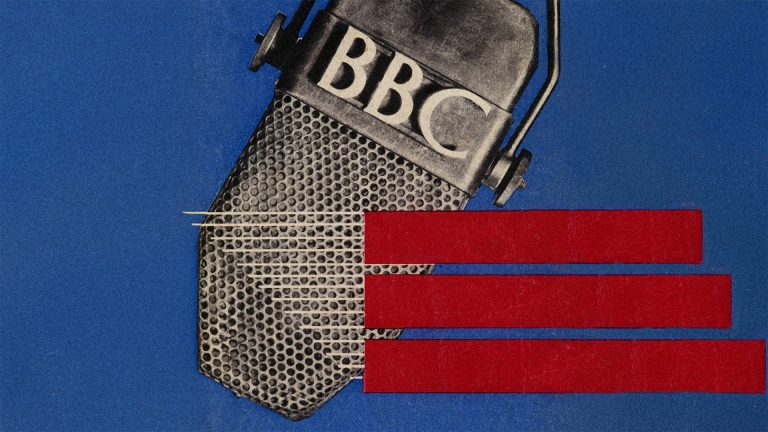
How the BBC can rebuild itself
“Having someone like Robbie Gibb on the board is like a wolf in a sheep-pen. In some ways, it’s not his fault. It’s in his nature. He’s doing what he believes to be right. The real problem is the absolute lack of pushback from a weak chairman [Shah] and other board members. Most of them are either unqualified or weak or both.”
There is also growing dismay internally about how so many of the most influential players in this drama are currently PR people and not journalists. Caroline Thomson, who sits alongside Gibb on the editorial guidelines and standards committee, is a current partner at global PR firm Brunswick and was appointed by Richard Sharp, the short-lived chairman of the BBC appointed, like Gibb, by Boris Johnson. Both Gibb and Prescott are also senior PR consultants.
“Why aren’t there any top-level journalists on these boards? Especially the editorial standards committee? Why is it all bloody PR people? There’s nothing intrinsically bad about PR, but perhaps as a qualification to govern the biggest media corporation in the world, would it not be better to have actual journalists and not a bunch of people whose literal job it is to serve vested interests?” one source told TNW.


